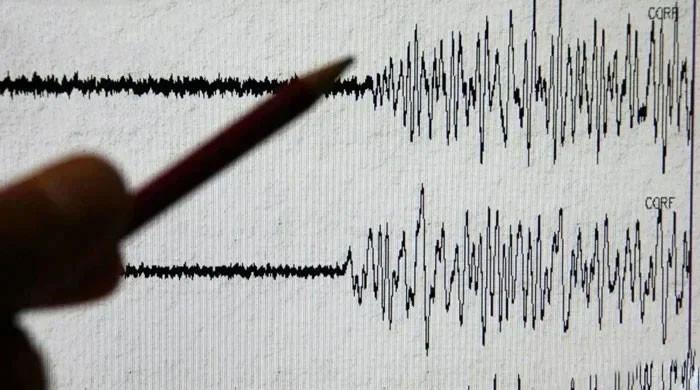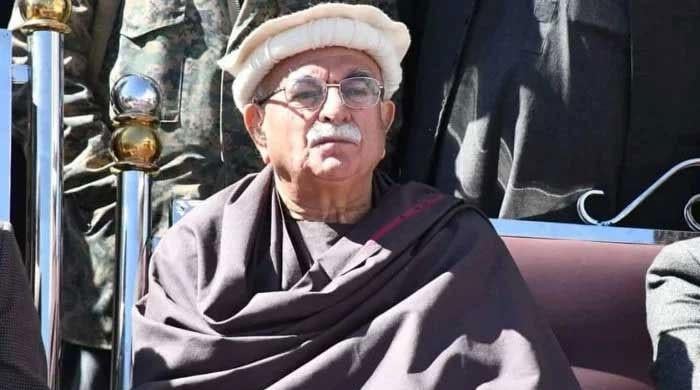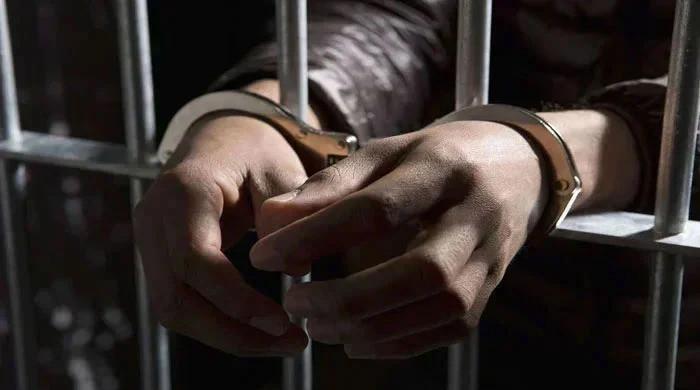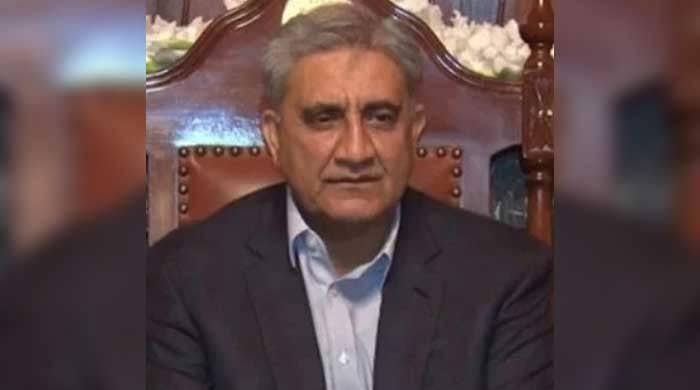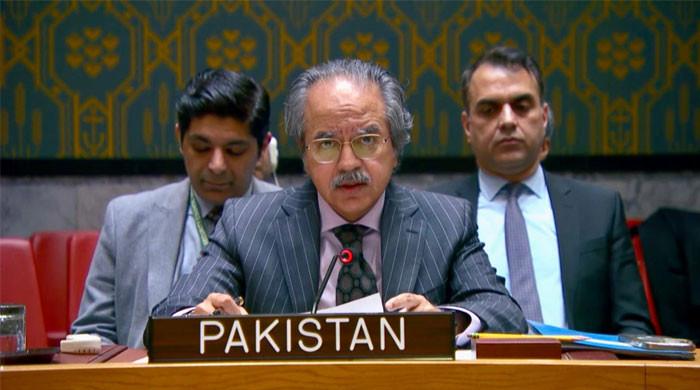Court of Arbitration to take up Pakistan's case against India's Kishanganga project today
Pakistan raised three objections to Kishanganga project’s design, four to Ratle Hydropower plant
January 27, 2023
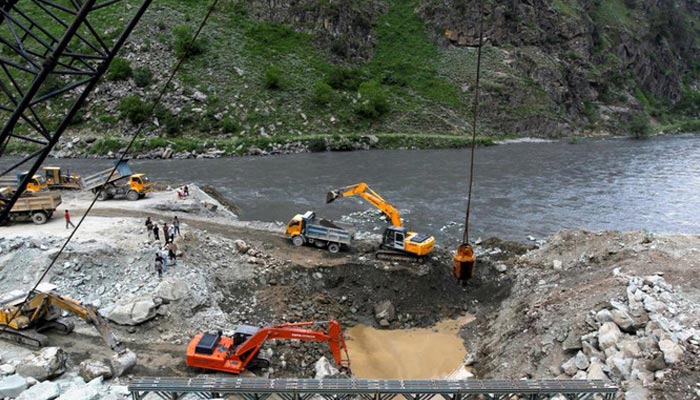
- First hearing would last for two days (January 27-28).
- Court says nothing will be shared with media till final verdict.
- World Bank constituted Court of Arbitration on Pakistan's demand.
ISLAMABAD: The legal battle between Pakistan and India will begin today (Friday) to address the concerns raised by Pakistan over the controversial designs of two hydropower projects being constructed on the Jhelum and Chenab rivers, The News reported.
The first hearing of the 330 MW Kishenganga and 850 MW Ratle Hydropower projects, in the Court of Arbitration in The Hague, would last for two days (January 27-28), a senior official of the Law Division told The News.
“The Court of Arbitration will start preliminary proceedings with restrictions on India, and Pakistan that nothing will be shared with the media till the final verdict. In the first two days, Pakistan will pitch its case. And many more hearings will be heard to satisfy both sides.”
“Pakistan’s delegation, headed by the secretary Water Resources Ministry and comprising Pakistan’s commissioner of Indus Waters, top officials of the Attorney General’s Office, and a team of international lawyers hired by the Government of Pakistan would advocate the country’s case for justice.”
The World Bank had earlier constituted the Court of Arbitration on the demand of Pakistan. Likewise, it also formed a one-man neutral expert as was demanded by India.
Sean Murphy was appointed as the chairman of the Court of Arbitration (CoA) and Michel Lino as the neutral expert by the World Bank on October 17.
Pakistan has raised three objections to the Kishanganga project’s design saying that the pondage of the project is 7.5 million cubic metres, which is excessive and it should be one million cubic metres. Pakistan also wants India to raise intake by up to 1-4 metres and also raise the spillways up to nine metres high.
On the issue of the Ratle Hydropower plant, Islamabad raised four objections. Pakistan wants India to maintain the freeboard at one metre whereas India wants to keep it at two metres. In addition, India wants to keep the pondage of 24 million cubic metres but Pakistan wants it to be restricted to eight million cubic metres. Pakistan also wants the intake of the project should be raised by up to 8.8 metres and its spillways should be raised by up to 20 metres.
“Pakistan’s case is very strong. In the case of interpretation of Treaty with reference to the Kishenganga, The Hague court has already given the verdict on the issues of drawdown and pondage in favour of Pakistan. So we are certain that Pakistan will win the case, ” the official said.
The 850MW Ratle Hydropower project, if constructed under its existing objectionable design, will reduce the water flow of Chenab River at Head Marala by 40%, which will be detrimental to the irrigation in central Punjab of Pakistan. India has awarded the contract of the Rattle project to a private company that will run the project on BOT (build, operate, and transfer) basis for 35 years and then hand over the project to India.







